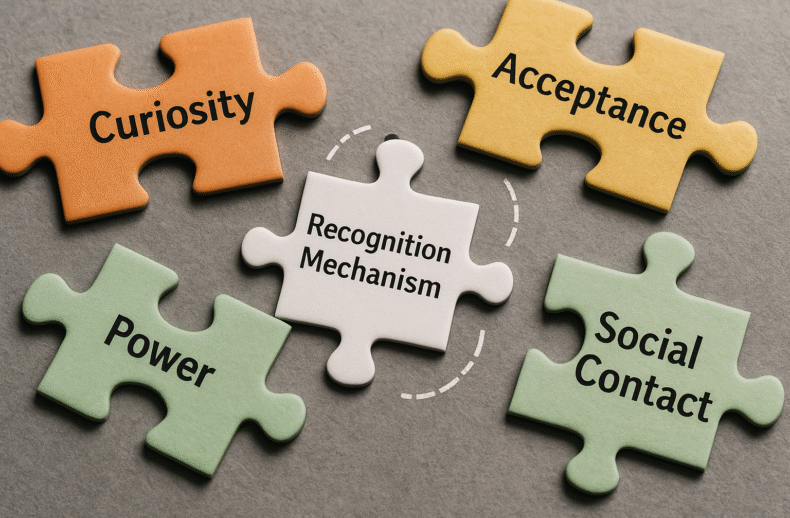Sex in Eidoism is neither repressed nor romanticized, but understood as the most revealing site of recognition loops and power dynamics. In the Eidoism village, freedom for open relationships and sexual exploration is encouraged—but only within the boundaries of “form,” meaning radical honesty, visible power, and true autonomy for all involved. Pleasure is pursued without hypocrisy or shame, but never at the expense of another’s form. Here, ethics means making influence visible, holding the powerful accountable, and building a culture where enjoyment, consent, and emotional safety are continually negotiated in the open.






